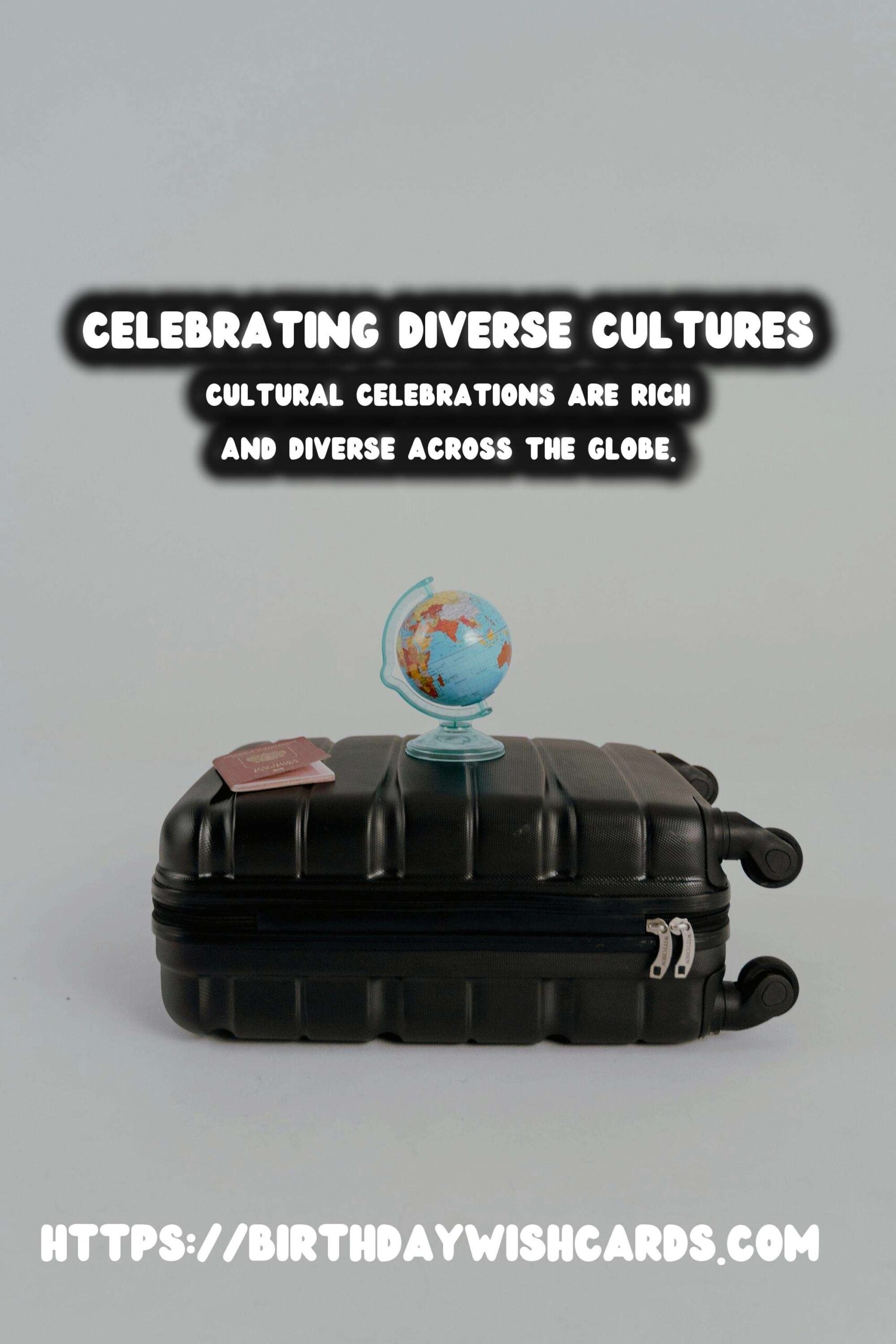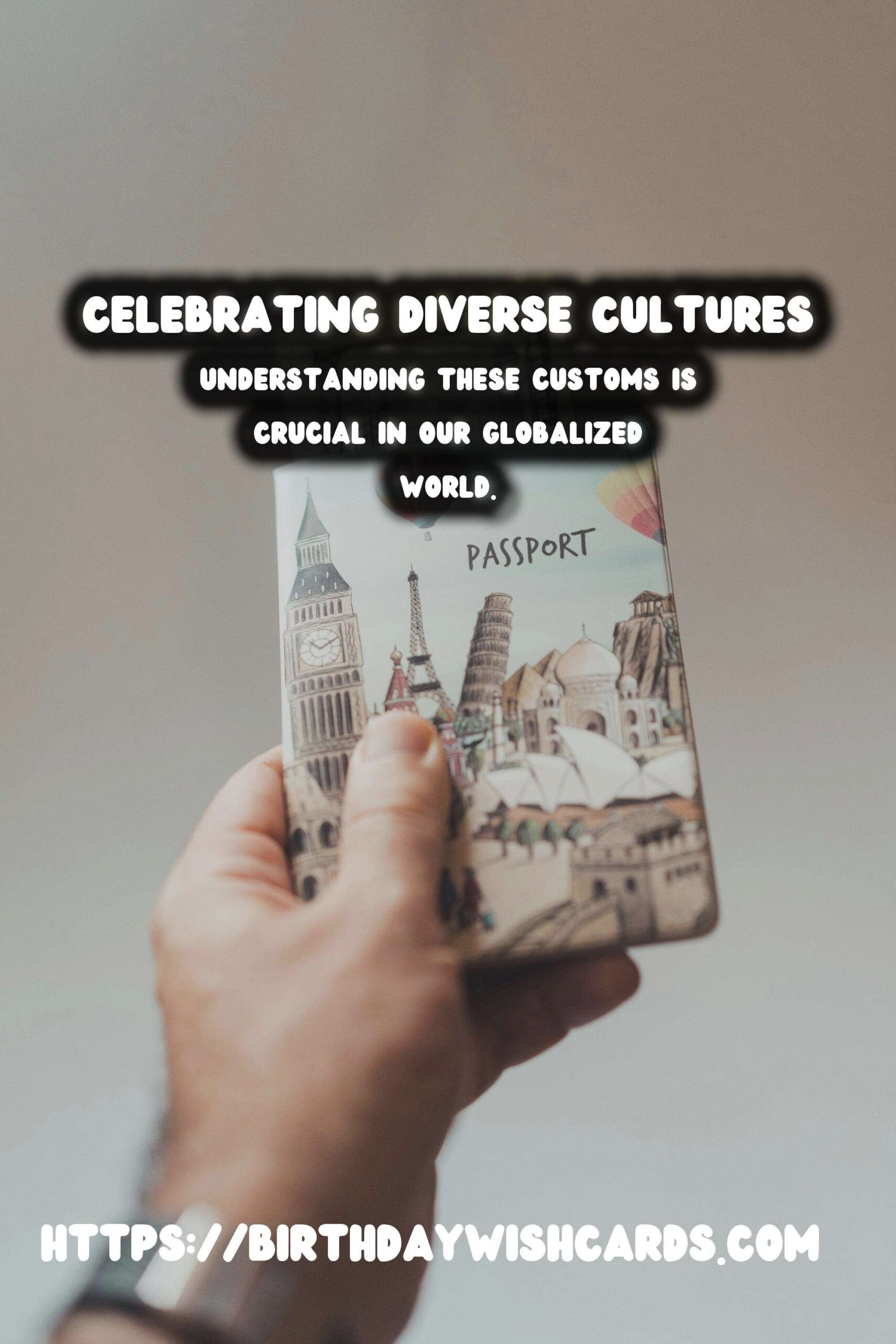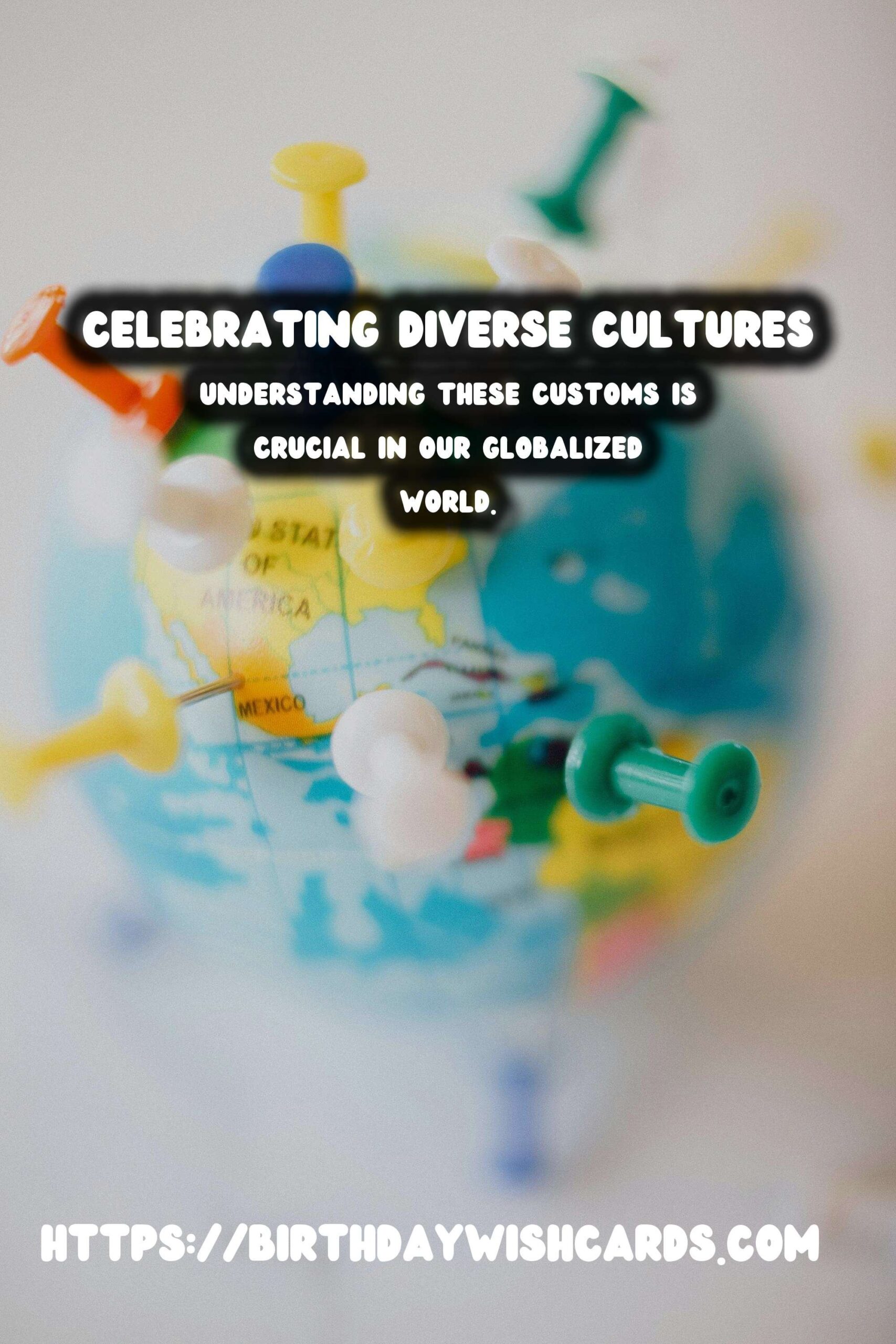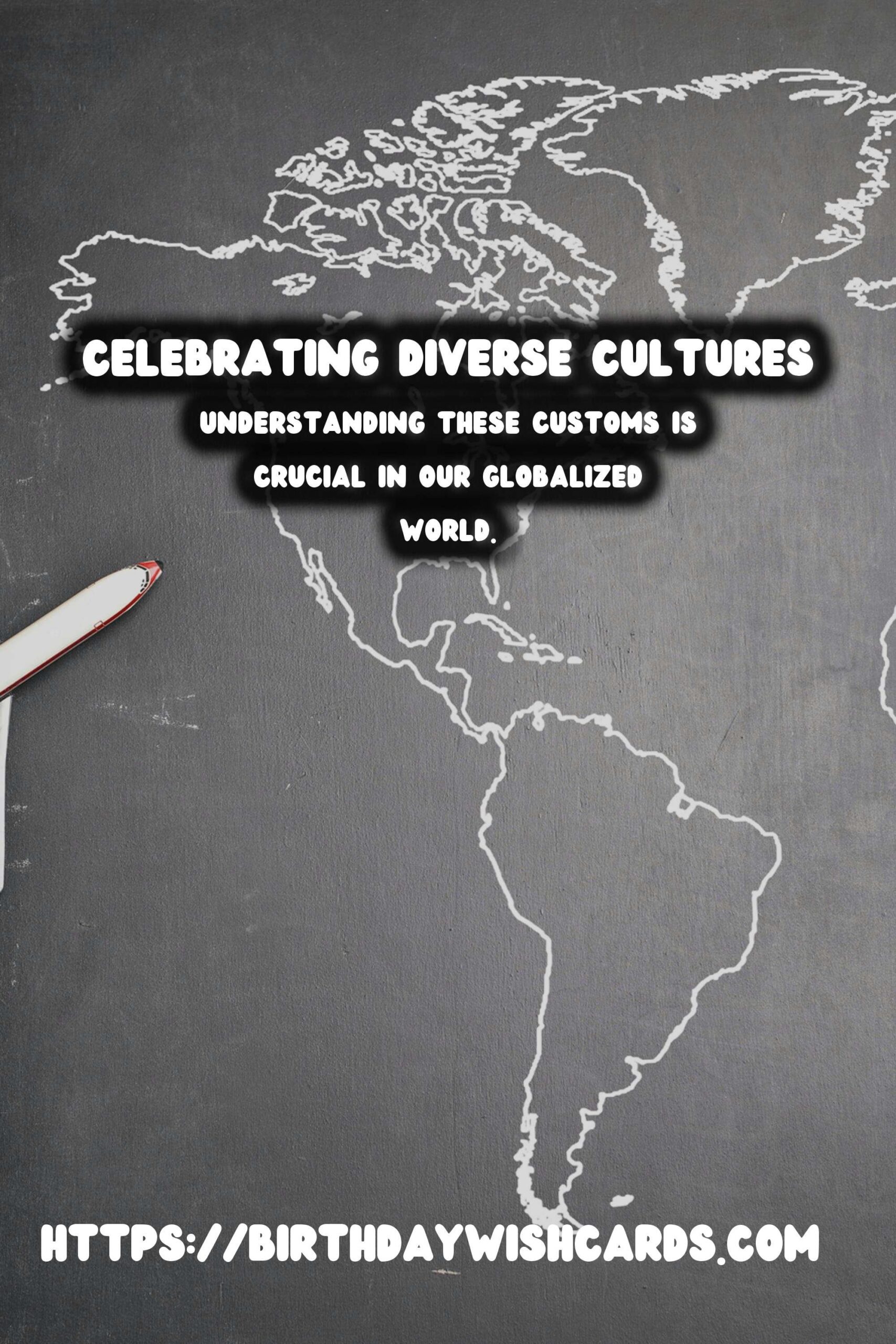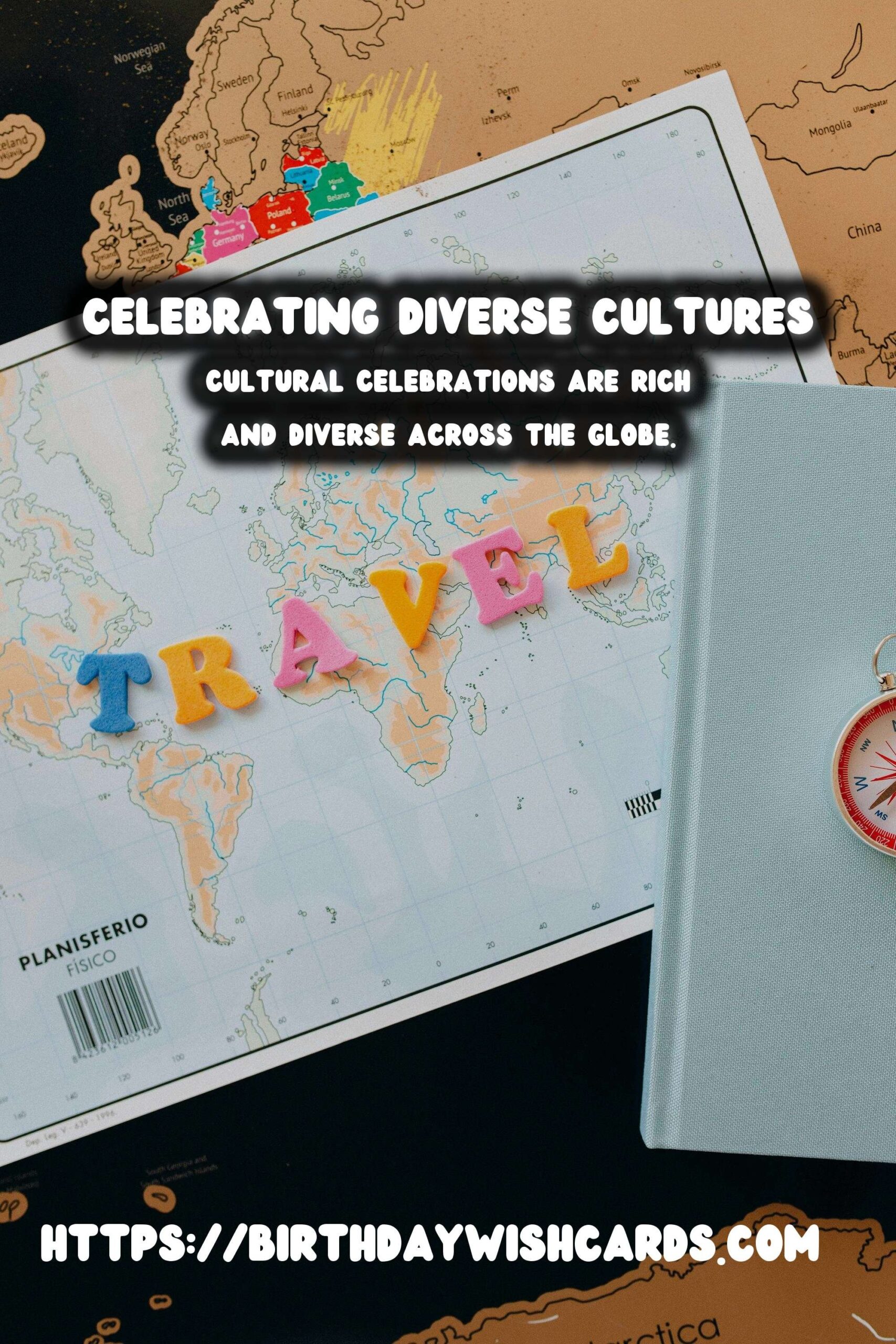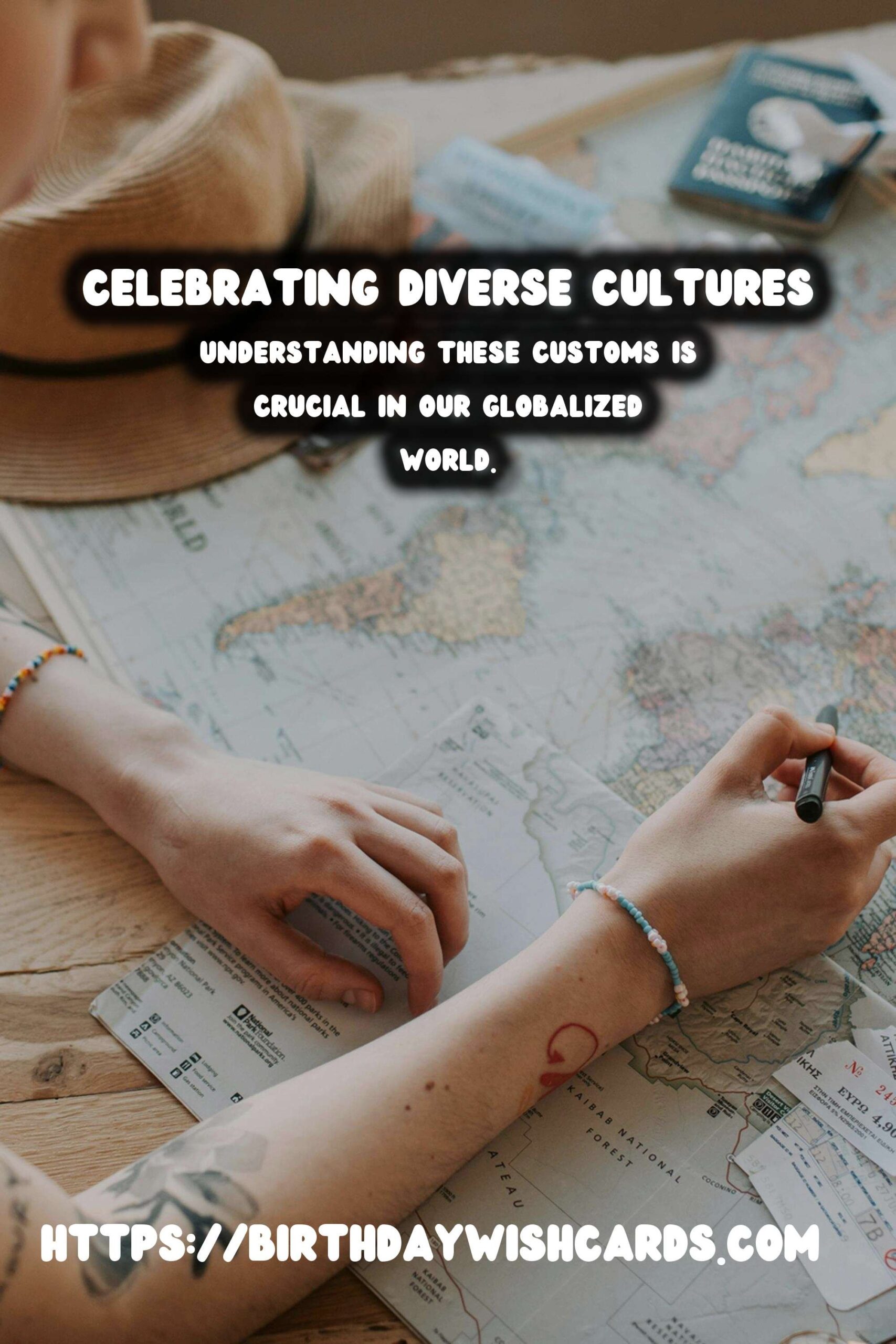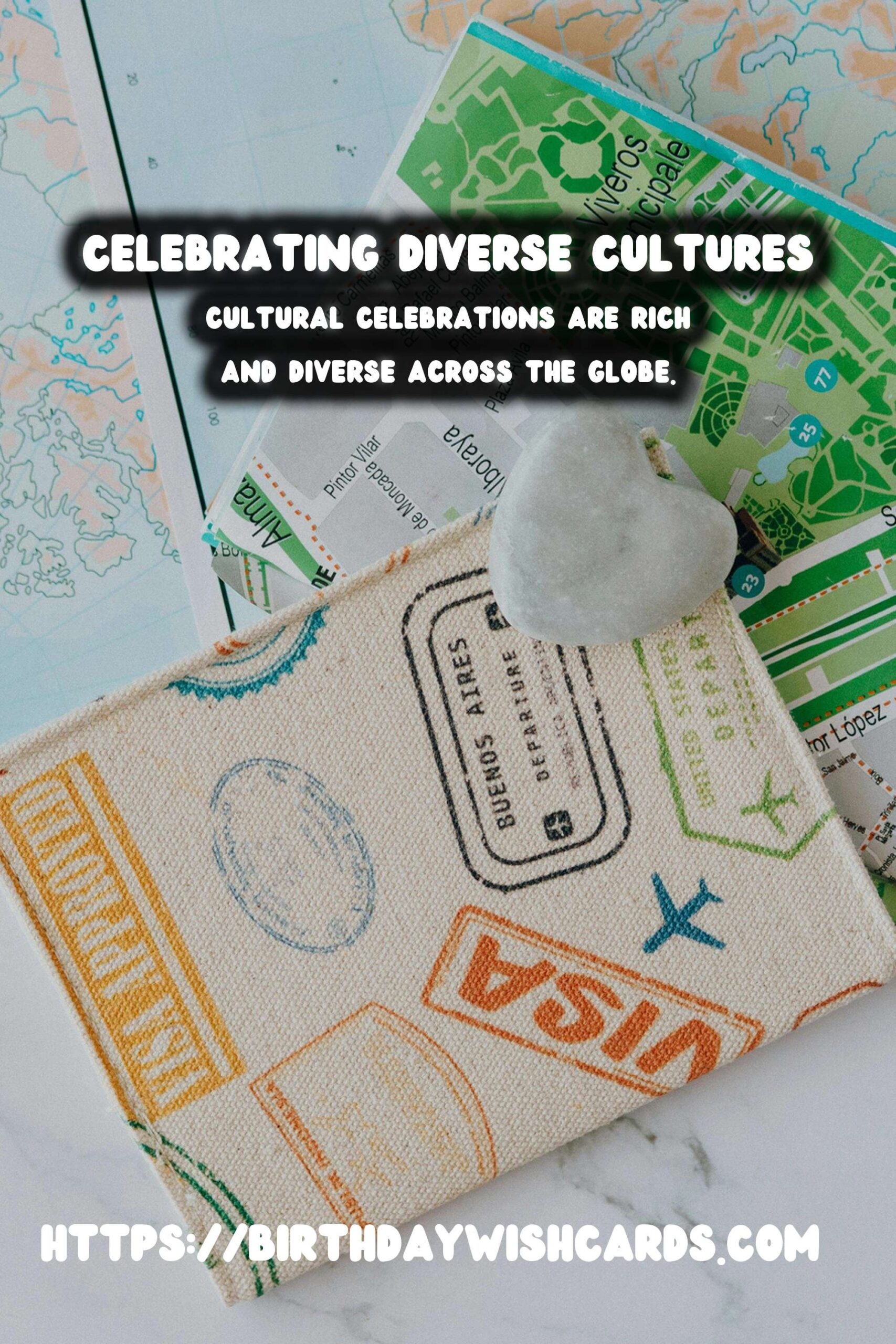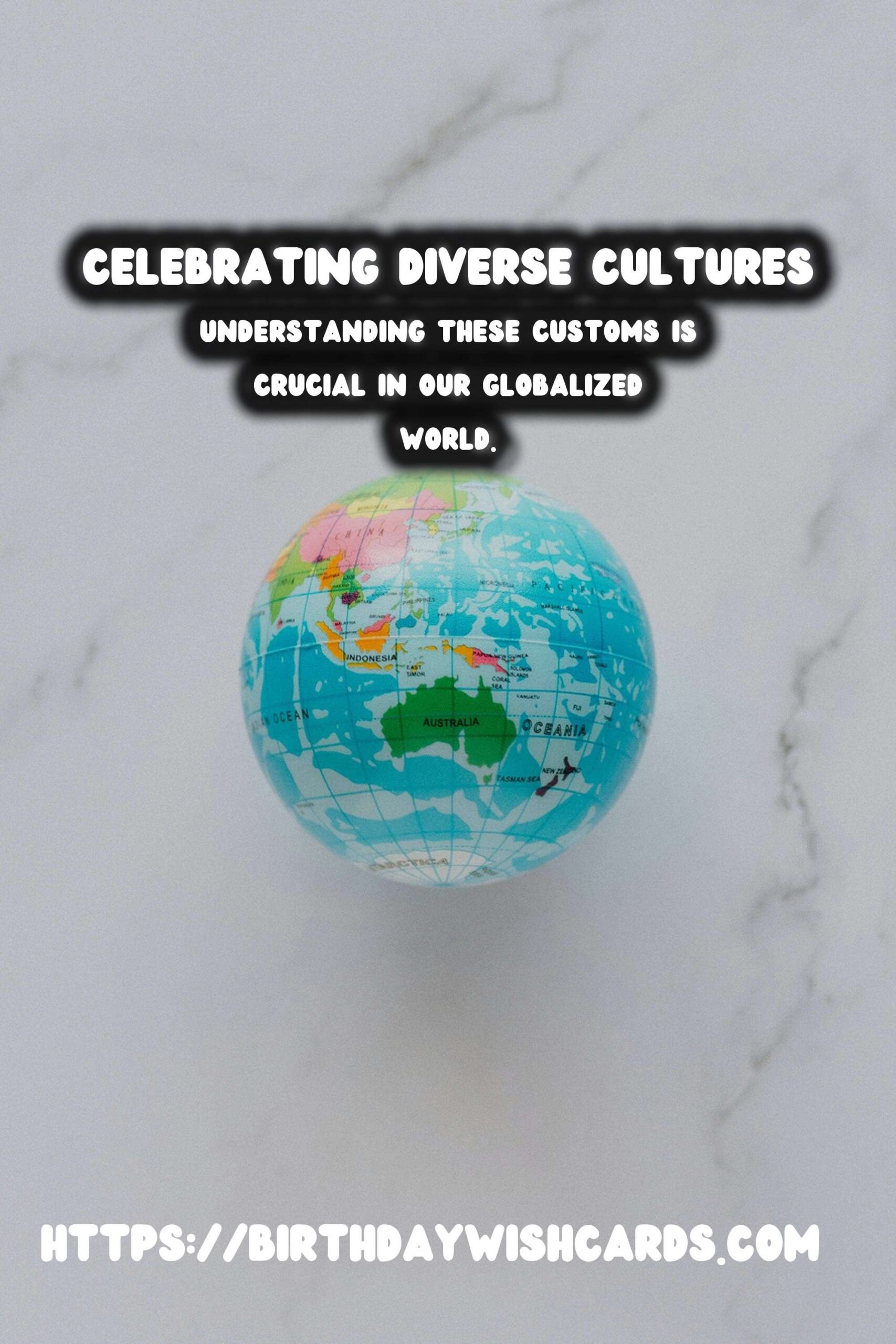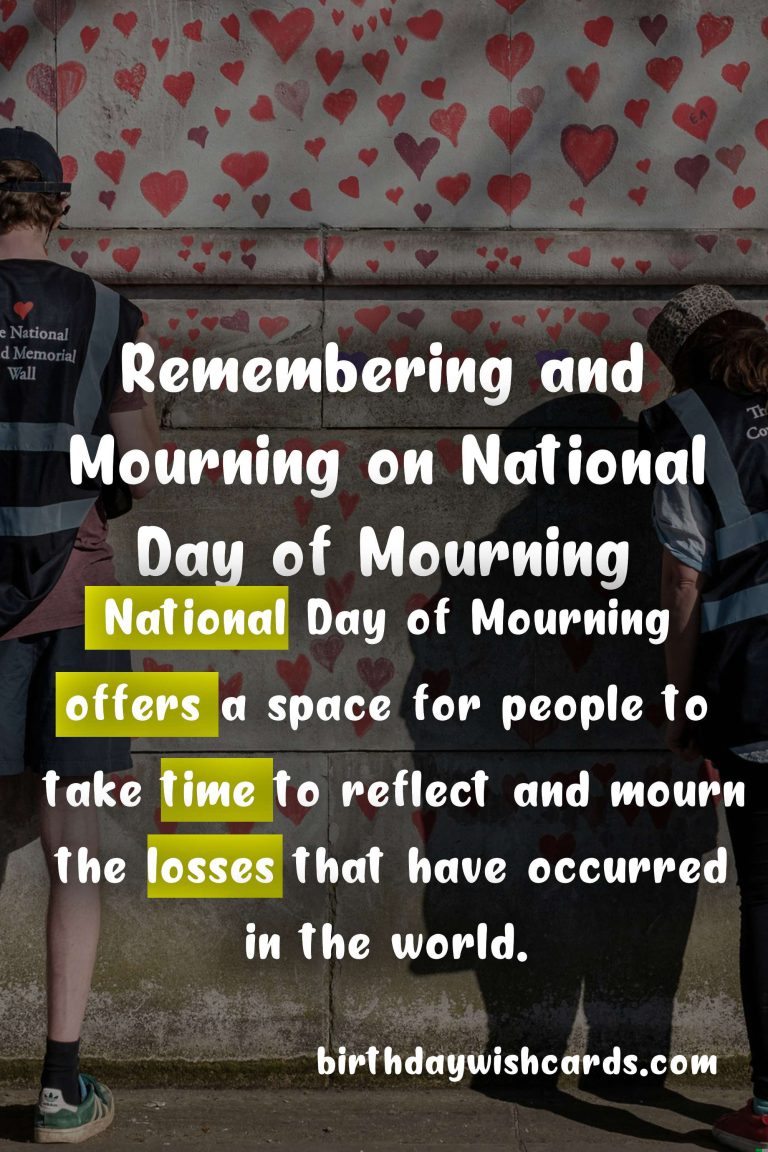Meaningful Celebration Etiquette Around the World
Meaningful Celebration Etiquette Around the World
Cultural celebrations are rich and diverse across the globe, each with unique traditions and etiquettes that reflect the values and history of the people celebrating. Understanding these customs is crucial, especially in our globalized world where interactions with different cultures are commonplace. This article delves into the significance of celebration etiquette, highlighting various customs from different countries.
The Importance of Celebration Etiquette
Celebrations are more than just festivities; they are a reflection of cultural identity and community values. Following appropriate etiquette can enhance the experience for both hosts and guests, creating lasting memories and fostering understanding. Each culture has its dos and don’ts that govern how celebrations should be conducted.
Celebration Etiquette in Various Cultures
1. Japan
In Japan, celebrations such as New Year (Shogatsu) are steeped in tradition. It’s customary to send New Year cards (nengajo) to friends and family, and to visit shrines for blessings. During gatherings, guests should wait for the host to start the celebration. It is also polite to say “itadakimasu” (I humbly receive) before meals as a sign of gratitude.
2. India
India’s festivals are vibrant and varied, celebrating everything from light to harvest. During celebrations such as Diwali, it is important to greet people with “Happy Diwali” and to offer sweets. When invited to someone’s home, bringing a small gift such as sweets or fruit is a sign of respect. Additionally, removing shoes before entering a home is a common practice.
3. Mexico
In Mexico, celebrations like Día de los Muertos (Day of the Dead) call for a festive gathering of family, friends, and food. When attending such an event, it is respectful to join in the communal eating and sharing of memories rather than simply observing. Offering to contribute food or drinks is also appreciated.
4. France
French culture emphasizes etiquette during celebrations, especially during formal dinners. Guests are expected to arrive on time, with a small token such as wine or flowers. Engaging in polite conversation is crucial, and it’s important to address people formally until invited to do otherwise. It’s considered rude to start eating before the host does.
5. China
Chinese New Year is one of the most important festivals, characterized by family reunions and elaborate feasts. The etiquette involves honoring ancestors and exchanging red envelopes (hongbao) filled with money as symbols of luck. When receiving gifts, it is polite to decline a couple of times before accepting, as a sign of humility.
6. Greece
In Greece, celebrations often revolve around family and religion. When attending a wedding or a name day celebration, it is customary to bring a gift, usually something for the household. Dancing is an integral part of Greek celebrations, and guests are encouraged to join in. Complimenting the host on the food is always appreciated!
7. Brazil
Brazilian Carnaval is famous for its lively parades and joyous gatherings. Etiquette during this celebration emphasizes respect for local culture and participation in the festivities. When joining a samba school’s practice, showing enthusiasm and learning a few steps makes for a more meaningful experience.
General Tips for Celebration Etiquette
1. Research Before Attending
Understand the cultural background and customary practices of the event you are attending. This shows respect and willingness to fit in.
2. Dress Appropriately
Each culture has its dress codes, particularly for formal occasions. Researching the expected attire can help avoid embarrassing situations.
3. Engage and Participate
Being an active participant rather than a passive observer enhances the experience. Join in on activities, dances, or rituals as appropriate.
4. Be Grateful
Show appreciation for invitations and hospitality. Thanking your hosts, either verbally during the event or with a note afterward, is a gracious gesture.
Conclusion
Understanding and respecting celebration etiquette not only enriches our own experiences but also shows honor to the diverse cultural practices that exist worldwide. As globalization continues to connect us all, being mindful of such nuances will bridge gaps, foster deeper connections, and celebrate our beautiful differences.
Cultural celebrations are rich and diverse across the globe.
Understanding these customs is crucial in our globalized world.
#celebration #culturaletiquette #globaltraditions #festivals #respect

